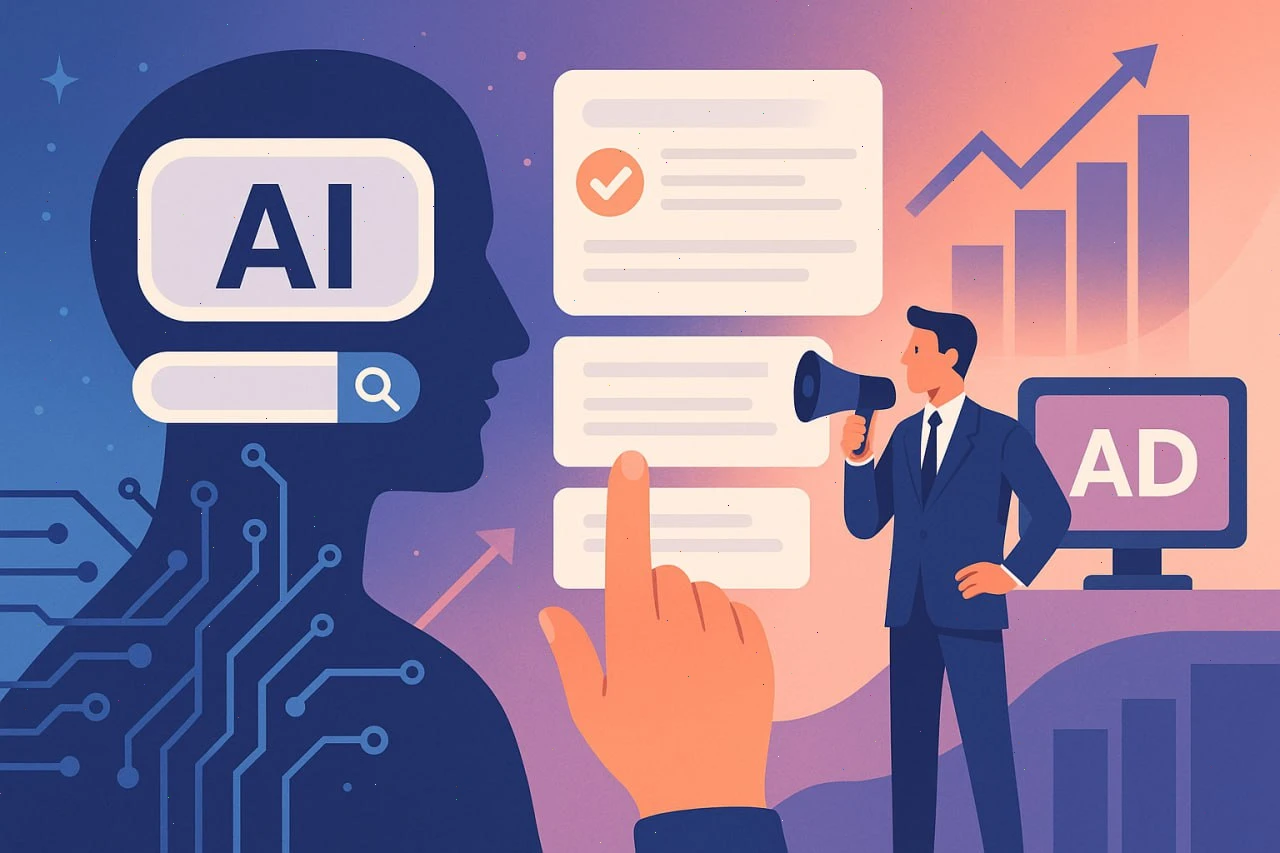Artificial intelligence seems to be the biggest topic on everyone’s mind.
What once was considered a distant sign of the future, AI is now a staple in so many facets of our lives. From spellcheck to supply chain, AI is transforming the way people communicate, collaborate, and consume—and there’s no greater example than how it’s manifesting in marketing and advertising.
A recent Epsilon study, “The State of AI in Marketing,” shows marketers are fully bought into AI, but there isn’t a full view of ROI. While 94% of survey respondents say they are using AI to prepare or execute their marketing strategy, more than half say they face technical challenges, like model accuracy and integration with other tools and systems, when implementing it.
AI adoption alone won’t deliver perfect results. While AI can make life easier for marketers and advertisers seeking personalization and engagement at scale, having quality data and identity to fuel that AI is critical to realizing value.
AI Is Now Essential: The Shift From Novelty to Necessity
It comes as no surprise that marketers are no longer looking at AI as a nice to have.
In the Epsilon study, all respondents who say they don’t use AI for marketing and advertising strategies say they plan to implement it in the next six to 12 months. Additionally, 93% of respondents say they plan to allocate at least 5% of their budget to AI initiatives, with most forecasting a 5% to 10% overall budget for AI.
The reason is clear: They find it supports their goals. AI use can cut costs, improve efficiency, save time, and improve customer experience. Brands can use it for data analysis and insights, to generate content and ads, and for customer service via chatbots, among other things.
Getting Your Data AI-Ready: The Key to Unlocking Full Potential
While popular, AI implementation still has its pushback. Nearly half of the marketers surveyed say they faced technical challenges like model accuracy and integration with other tools. But others reported data quality issues and a lack of data as hurdles for AI adoption.
Data access and quality are critical components of AI. As brands adopt more AI technology, their data gaps are becoming increasingly clear. Although AI generally improves outcomes across the board, for it to produce accurate, scalable results, it needs a foundation of good data.
The quality of your output is only as good as the input. Without good data, AI becomes less effective. It’s like driving a Ferrari in stop-and-go traffic.
When first-party data is cleaned and enriched through a person-based identity solution, it creates a complete view of a brand’s customers online and offline. Having that person-based view is a jump-off point for hyper-personalization and engagement at scale.
Choosing the Right Vendor: Building Strong AI Partnerships for Long-Term Success

New AI vendors are popping up every day. Some of these vendors offer niche services, but most claim to be the end-all-be-all of AI implementation. So, how do brands parse out which partnerships are the real deal?
It’s important to understand what challenges you face and what outcomes you ultimately want to see. Implementation challenges are both organizational and technical. In the Epsilon survey, marketers say their top technical challenge was model accuracy, and their top organizational challenge was resistance to change.
Marketers facing doubt from senior leaders should lean on AI efficacy proof points to assuage fears of change, but they should also pick a vendor with a proven track record of data, identity, and AI collectively.
Brands also need to have a clear understanding of their current technical capabilities and gaps. They should evaluate which tools are at their disposal and how those tools integrate with existing marketing systems. It’s equally important to assess whether these tools can deliver scalability today.
Key factors to consider include how a vendor incorporates data and identity, how they manage privacy and consumer safety, and what level of technical expertise they provide if the marketing team lacks the necessary skills. Equally crucial is the vendor’s experience in deploying AI with real brands that achieved tangible results.
The Future Is Bright: How AI Will Reshape Marketing and Advertising
AI promises to transform our way of life, especially in traditional marketing and advertising. To use AI to its maximum potential, brands should lay the groundwork to make it possible.
When choosing an AI solution, make sure you’re finding a partner that is invested in that foundation, and one that can prove they know how to deliver results at scale.





